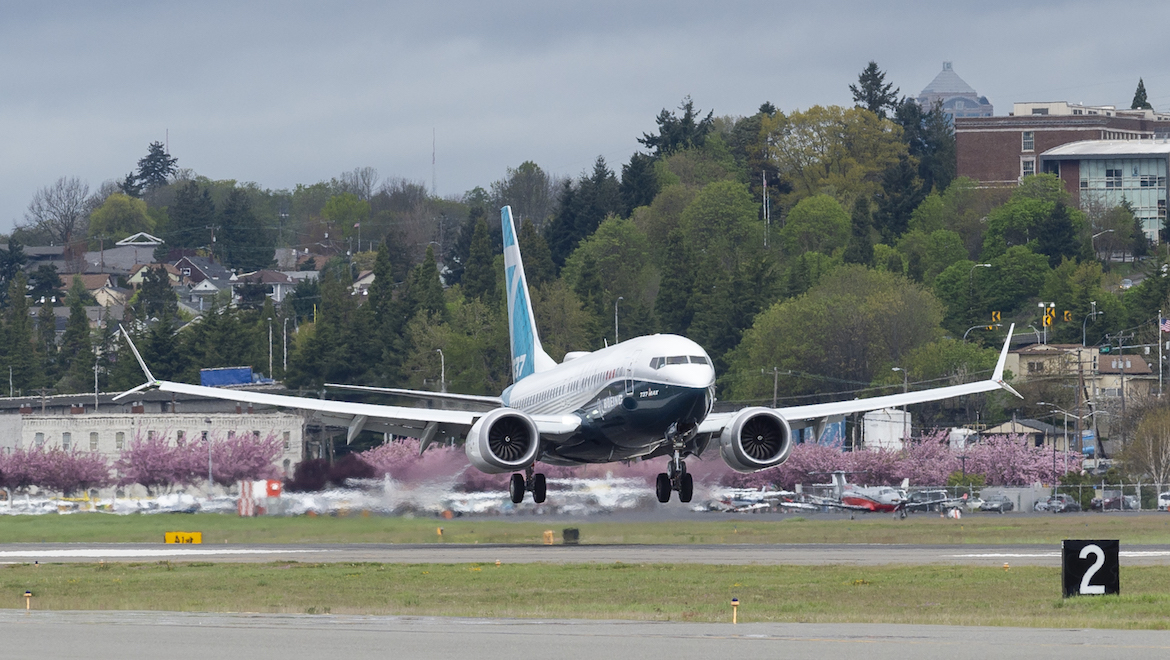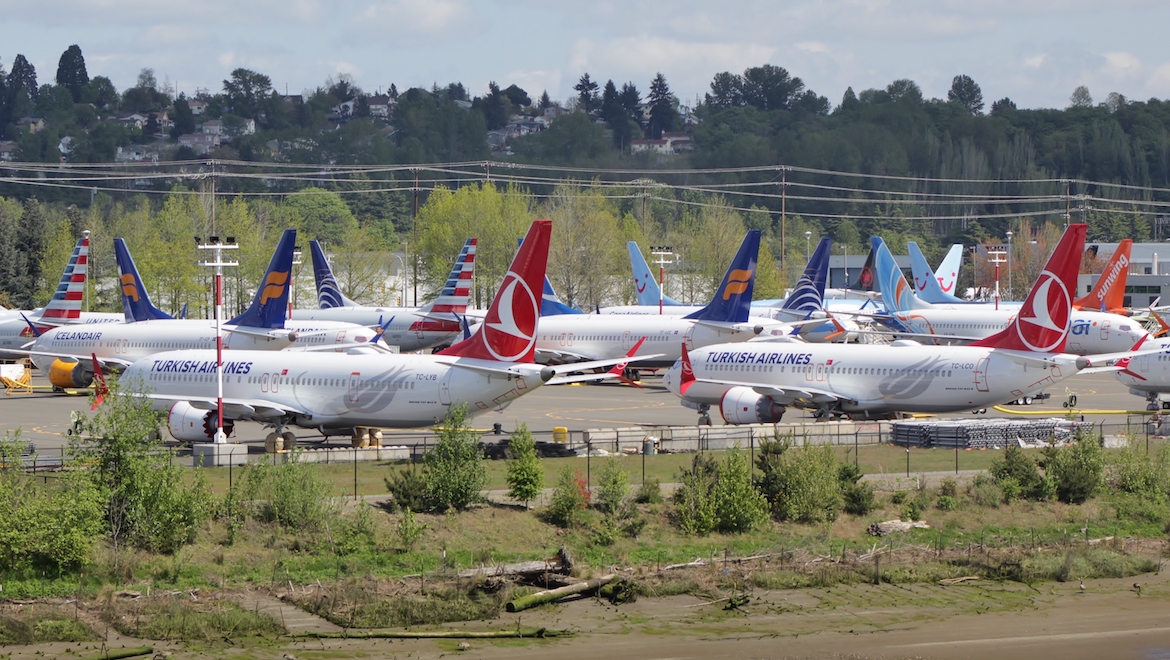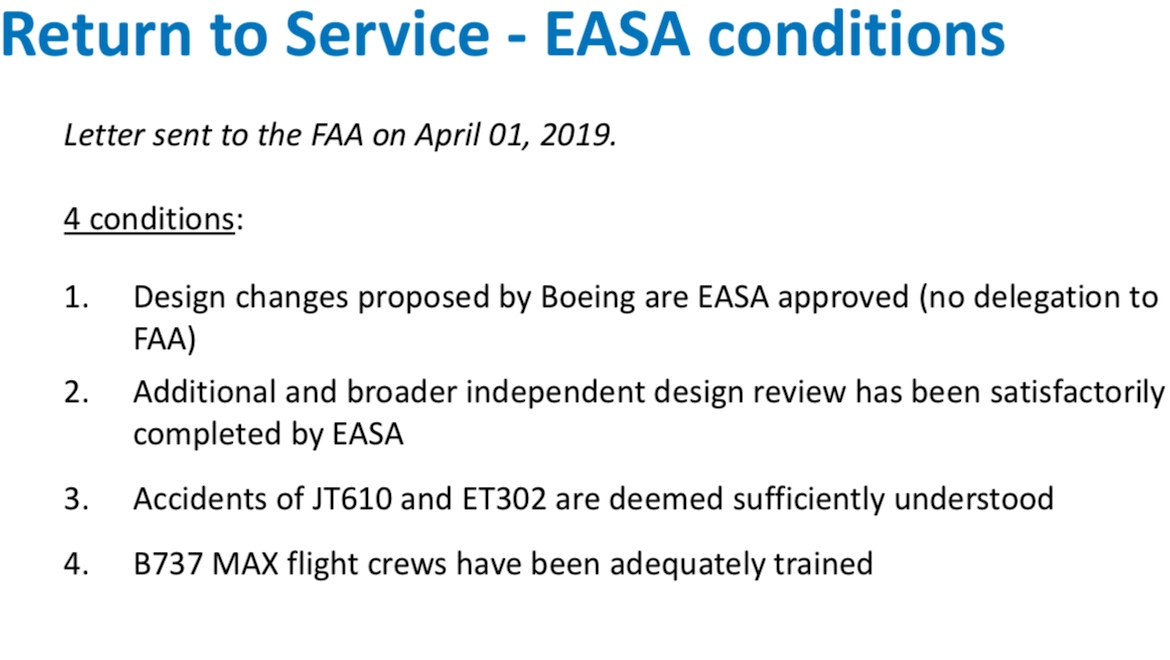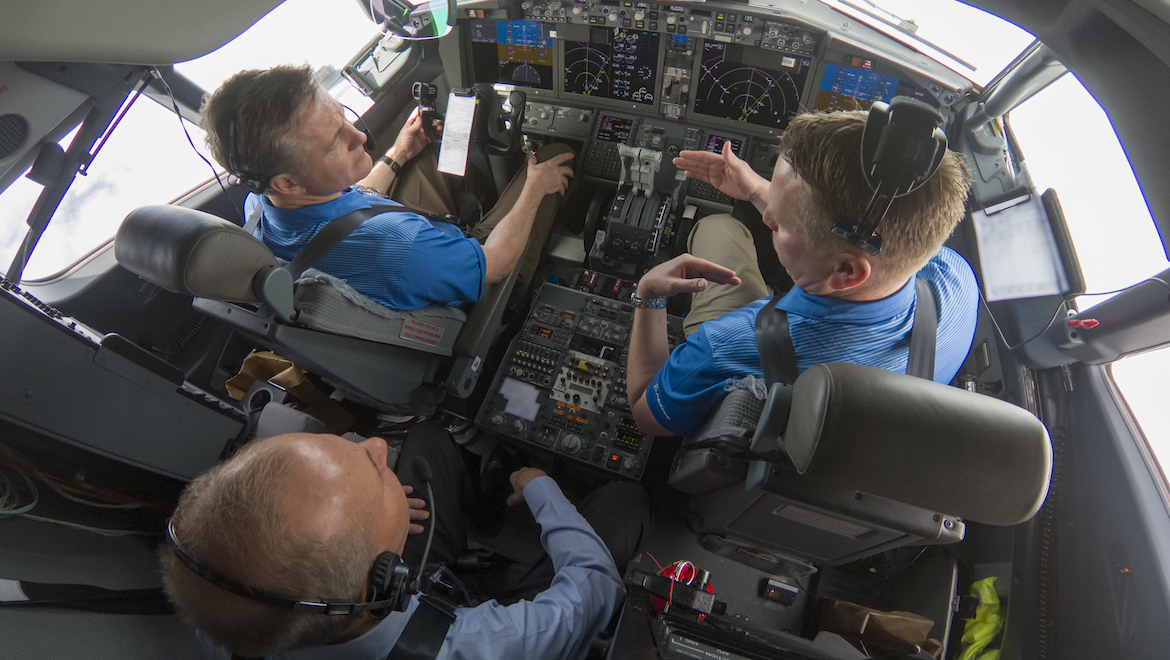
Boeing’s financial assistance fund for the victims of two fatal 737 MAX crashes has started accepting claims from families of the 346 people killed in the twin tragedies.
The US$100 million fund was announced in July, with US$50 million set for immediate financial assistance of the Lion Air and Ethiopian Airlines accidents in October 2018 and March 2019, respectively.
The other $50 million would “support education and economic empowerment in impacted communities” in partnership with local governments and non-profit organisations.
The administrators of the fund, Kenneth Feinberg and Camille Biros, said in a statement on Monday (US time) the families of each of the 346 victims that submitted an eligible claim would receive about US$144,500.
Further, the families would retain all legal rights.
“Participants in the fund will not be required to waive or release the right to litigate as a condition of participation,” Feinberg said.
“The fund is separate and apart from any such litigation. The fund is purely voluntary; no individual is required to participate.”
All claims would need to be submitted by December 31 2019, the statement said.
Biros said eligible claimants would need to provide contact information and documentary evidence that the individual filing the claim was legally authorised to act as the legal representative of the victim’s estate according.
“Eligible claims will be paid promptly after a submitted claim is deemed eligible and all required documentation has been received,” Biros said.
Boeing chief executive Dennis Muilenburg said the opening of the fund was an important step in the company’s efforts to help affected families.
“The recent 737 MAX tragedies weigh heavily on all of us at Boeing, and we continue to extend our deepest sympathies to the families and loved ones of all those on board,” Muilenburg said in a statement.

The global fleet of the 737 MAX has sat grounded since March. Boeing has said previously it expected the aircraft to be cleared to fly again by the end of calendar 2019.
The United States Federal Aviation Administration (FAA) was currently reviewing software modifications to the 737 MAX’s anti-stall feature the Maneuvering Characteristics Augmentation System (MCAS) – as well as changes to pilot training – that has been implicated in both the Lion Air and Ethiopian Airlines accidents.
In a break from previous practice, regulators from outside the United States were also planning to do their own testing before giving the 737 MAX the all-clear to resume operations in their respective jurisdictions.
Previously, regulators would have taken the decision of the certifying authority of the aircraft. However, amid concerns about the manner in which the 737 MAX’s certification process was undertaken, various regulators have outlined plans to make their own assessment.
In early September, the European Union Aviation Safety Agency (EASA) has outlined four key conditions for the 737 MAX’s return to service. Transport Canada has also indicated it would be conducting its own tests.

Closer to home, Australia’s Civil Aviation Safety Authority (CASA) told The Guardian that while the FAA decision would be important factor, it would also take into account other information in its decision.
“As the certifying authority for the aircraft type, obviously the FAA is central to the decision as to whether the aircraft flies or not but in this case due to the nature of it there is focus on the aircraft from authorities around the world,” CASA told The Guardian.
Aviation regulators were due to meet at the International Civil Aviation Organisation (ICAO) triennial assembly in Montreal, Canada beginning on Tuesday (Canadian time).
Muilenburg told an investor conference in the United States in September a “phased un-grounding” of the 737 MAX by regulators around the world was a possibility.





